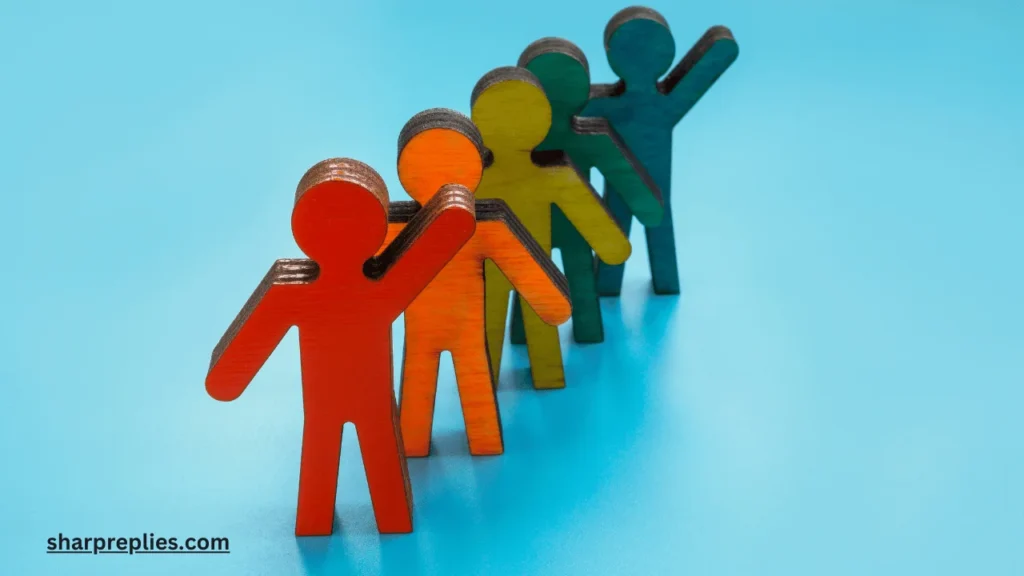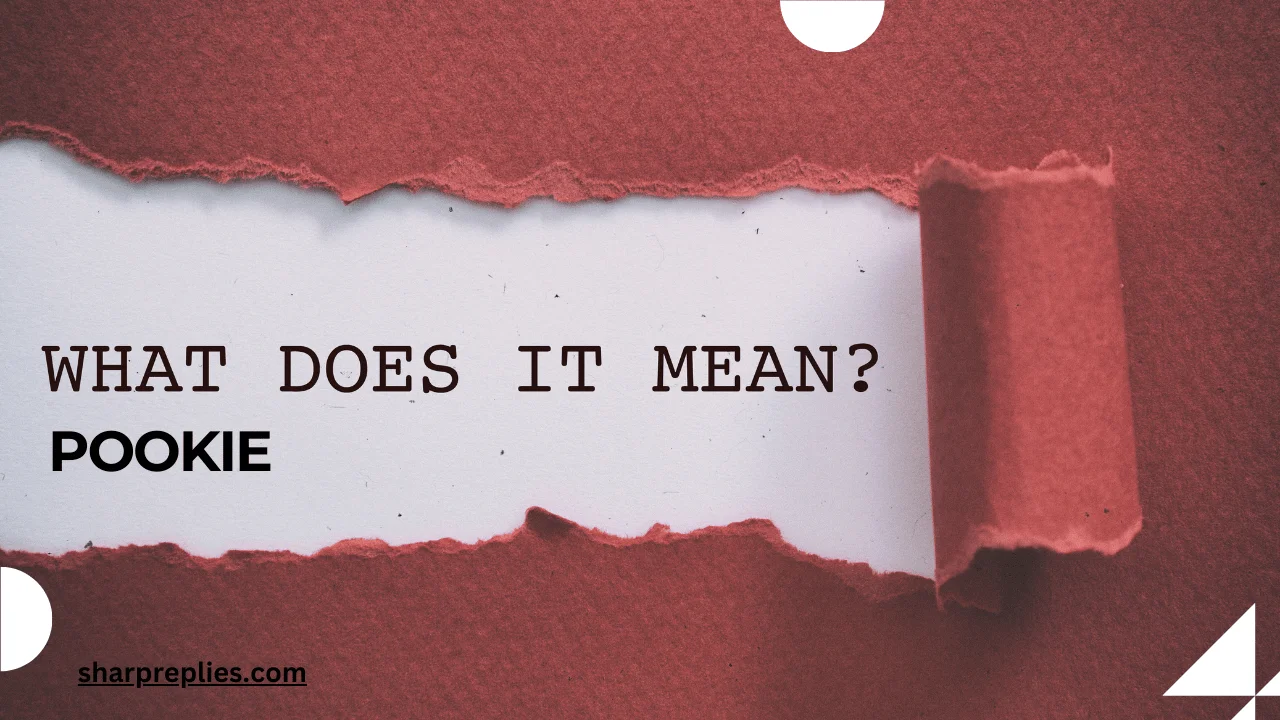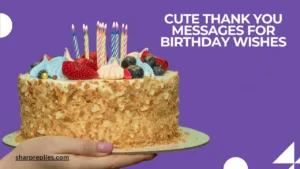Have you ever heard someone affectionately call their partner or pet “pookie” and wondered what it actually means?
Or maybe you’ve come across this cute-sounding term in a social media post or overheard a conversation where it seemed to hold special significance. “Pookie” might sound like just another playful nickname, but its meaning goes far beyond its adorable sound.
Is it a term of endearment, a childhood memory, or something else entirely? This article dives deep into the term “pookie” to uncover its origins, interpretations, and how it has evolved in popular culture.
By the end of this post, you’ll understand why “pookie” is more than just a word—it’s a symbol of affection, familiarity, and even playful humor.
Contents
The Origins of “Pookie”
When we think of affectionate terms, they often stem from personal relationships, childhood memories, or even inside jokes.
The term “pookie” is no exception. While it’s difficult to pinpoint exactly when the word first emerged, many believe it originated in the 20th century as an informal, playful expression used between close friends or family members.
Its exact roots are unclear, but it’s thought to have been influenced by other cute-sounding words that convey intimacy or affection. Over time, this term found its way into mainstream language, appearing in various contexts and media.
Interestingly, the meaning of “pookie” can differ depending on the relationship between the speaker and the person being addressed.
For instance, one might call a romantic partner “pookie” as a pet name, while others might use it for a beloved pet or child. This fluidity of meaning makes “pookie” a particularly charming term, as it’s molded by the bonds between people.
“Pookie” as a Term of Endearment
One of the most common uses of “pookie” is as a term of endearment. It’s often used between romantic partners to express affection and warmth.
Similar to words like “sweetheart,” “honey,” or “baby,” “pookie” is a playful and lighthearted alternative that conveys a sense of closeness.
What makes “pookie” stand out is its ability to sound quirky and fun, making it a perfect choice for people who want to add a touch of humor or uniqueness to their relationship.
But is it just reserved for romantic connections? Absolutely not! The flexibility of the word allows it to be used in various ways.
Some parents may use it to refer to their young children as an affectionate nickname, while others may use it for their pets. This universality is part of what gives the word “pookie” its charm and enduring popularity.
The Evolution of “Pookie” in Pop Culture
As the years have passed, “pookie” has made its mark in pop culture. It appears in movies, TV shows, and even songs, often used humorously to express love or affection.
One of the notable examples is in the popular 1990s TV show Friends, where the character Phoebe Buffay uses the term in a playful way when speaking to her romantic partner. This helped solidify “pookie” as a widely recognized term for affection in pop culture.
In recent times, “pookie” has made its way into the digital lexicon as well. Social media platforms like Instagram and Twitter often see posts where users refer to their pets or significant others as their “pookie,” further cementing its relevance in everyday conversation.
Its adoption by the millennial and Gen Z generations shows that, even in an era dominated by digital communication, the term still holds a place in expressing affection in a lighthearted and fun way.
The Humor Behind Calling Someone “Pookie”
What is it about calling someone “pookie” that can bring a smile to your face? The humor and charm of the term lie in its playful sound and unexpected nature.
It’s not a word that is typically used in serious conversations, and that’s part of what makes it so endearing.
When you call someone “pookie,” it’s almost as if you’re saying, “I’m not taking things too seriously, but I care about you.” This balance between affection and lightheartedness makes “pookie” a unique term that can break the ice in awkward situations or lighten the mood during tough times.
In essence, “pookie” can serve as an emotional buffer, softening any potential tension in conversations while expressing love or affection.
It’s a playful reminder that we don’t always need formal words to convey deep feelings—sometimes, the right nickname can say it all.
Why Do We Use Nicknames Like “Pookie”?

Nicknames are a powerful tool in human connection.
They serve as symbols of familiarity, intimacy, and closeness between individuals. When you call someone “pookie,” you’re not just referring to them with a cute word; you’re creating a special bond that is uniquely yours.
The use of nicknames is a way to express affection without the need for elaborate explanations. It also allows people to show a lighter side of their personalities.
But why do certain terms like “pookie” gain so much traction? It’s because they carry emotional weight while maintaining a sense of fun.
We use nicknames like these because they allow us to break away from societal norms and create more authentic, personalized connections. Whether it’s between romantic partners, friends, or family, “pookie” helps us express our feelings in a way that feels both genuine and whimsical.
Conclusion:
The term “pookie” might be small, but it holds great significance in human relationships. Whether used as a nickname for a partner, a pet, or even a child, “pookie” has the power to evoke affection, humor, and warmth in ways that no formal word can.
Its playful sound and versatility make it a beloved term across generations and cultures. What’s more, it serves as a reminder that affection doesn’t always need to be conveyed in serious, traditional ways.
Sometimes, the simplest and most quirky words can carry the deepest emotional meanings. So next time you call someone “pookie,” remember—you’re not just using a cute nickname, you’re strengthening a bond built on love, humor, and connection.
FAQ’s
What does “pookie” mean?
“Pookie” is an affectionate and playful nickname used to show affection towards someone, typically a romantic partner, a child, or a pet. It’s a term of endearment.
Where did the term “pookie” come from?
The exact origin of “pookie” is unclear, but it likely emerged in the 20th century as a cute-sounding word used in informal, affectionate contexts.
Can “pookie” be used for pets?
Yes, many people use “pookie” as a cute nickname for their pets, especially dogs or cats, to show affection.
Is “pookie” used in pop culture?
Yes, the term has appeared in various TV shows and movies, including the 1990s show Friends, where it was used as a playful nickname.
Is “pookie” used in serious relationships?
While it’s not typically used in formal or serious contexts, “pookie” is commonly used in romantic relationships to express warmth and affection in a lighthearted way.
Can “pookie” be used for children?
Yes, many parents affectionately call their children “pookie” as a playful, loving nickname.








